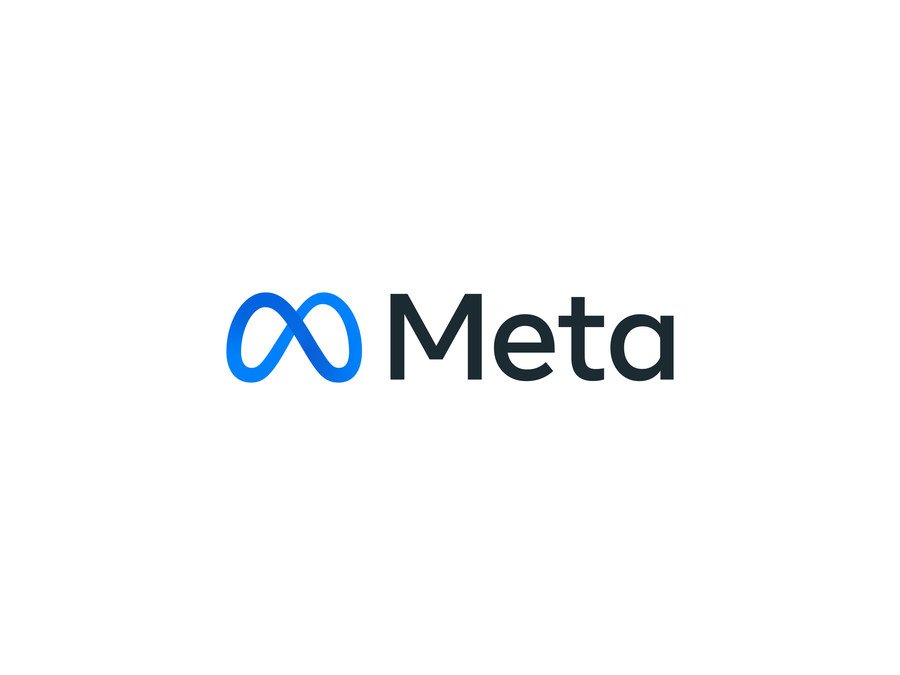Mark Zuckerberg is no stranger to bold moves. After Meta’s $46 billion bet on the metaverse failed to deliver, he’s pivoting—this time aiming for something far more ambitious: building superintelligent AI. But this isn’t just a technical moonshot. It’s a spending spree, a talent war, and a philosophical shift wrapped into one colossal gamble.
Introducing Meta Superintelligence Labs
The launch of Meta Superintelligence Labs signals a hard reset in the company’s AI strategy. Instead of gradually improving existing models, Zuckerberg is pushing for a reimagined future—one where every person has their own “personal superintelligence.” That vision has sparked major leadership shakeups and a full restructuring of Meta’s AI teams.
Chasing talent at any cost
To make this vision reality, Meta is raiding the industry’s top labs. Nine-figure offers are being floated to lure AI researchers from OpenAI, Apple, Google, and Anthropic. According to Zuckerberg, “compute per researcher” isn’t just a metric—it’s a recruiting strategy. It’s no longer about headcount. It’s about density of genius.
The $14.3 Billion Alexandr Wang Power Play
Perhaps the boldest move yet was Meta’s investment in Scale AI. With a nearly $15 billion price tag, the company secured a 49% stake and brought in Scale’s founder Alexandr Wang as Meta’s new chief AI officer. Alongside former GitHub CEO Nat Friedman and a handpicked team of elite researchers, Wang now leads the charge under the banner of Meta Superintelligence Labs.
Goodbye, open source?
A significant shift may be underway behind closed doors. Meta, once a champion of open-source AI, is reportedly debating whether to keep its largest model—Behemoth—private. It’s a departure from past practices and could represent a broader industry trend toward more closed, commercially driven development.
Scaling up the infrastructure
Talent isn’t the only thing Meta’s buying. The company is building vast multi-gigawatt data centers with new methods to speed up deployment—like using weatherproof tents instead of traditional buildings. One facility, dubbed Hyperion, is so large it rivals Manhattan in footprint. And it’s all being funded from Meta’s cash flow, without needing to raise a dime.
Personal superintelligence, not just productivity AI
Zuckerberg’s vision isn’t about automating jobs or maximizing efficiency. Instead, he sees AI as a personal companion—something to enhance relationships, creativity, and life experiences. Think AR glasses that quietly observe your world, remember what matters to you, and help you act on it. According to him, not having AI-enhanced glasses in the future will put you at a “cognitive disadvantage.”
Industry ripple effects
Meta’s AI push is inflating salaries and shaking up recruitment across the tech sector. As Zuckerberg builds his dream team, other companies are scrambling to retain their own talent. What was once a collaborative AI ecosystem may now be a high-stakes, zero-sum talent race.
A moment of reckoning
Meta’s new direction represents more than a corporate pivot—it’s a redefinition of the company’s long-term identity. With AI as its new centerpiece, the outcome of this initiative will likely shape Meta’s relevance in the coming decade. It could be a landmark success—or another case of overreach.
What’s certain is this: the race for superintelligence is on, and Meta isn’t just competing—it’s outspending, out-hiring, and outbuilding the rest.






